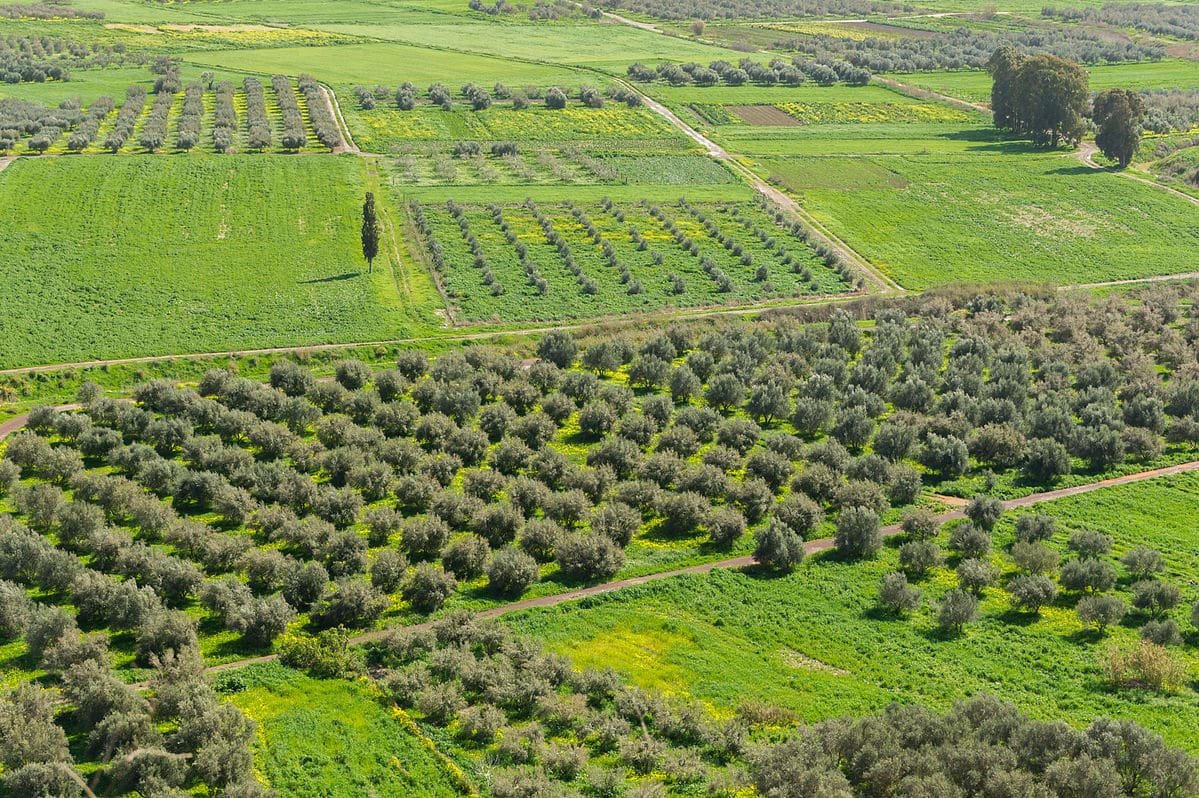

The EU has ordered Greece to return approximately €670 million in farmer subsidies disbursed over the past 15 years due to widespread misappropriation of funds.
Multiple irregularities have been identified in the system used to calculate agricultural subsidies, along with a general lack of oversight in how these funds were distributed. Illegal actions have also been reported involving funds allocated for rural development programs intended to promote Greek agricultural products.
OPEKEPE (The Payment and Control Agency for Guidance and Guarantee Community Aid) is at the center of the scandal, accused of distributing subsidies to individuals who were either not farmers or who received disproportionate payments for their livestock.
According to the European Court of Auditors (ECA), prior to the establishment of OPEKEPE, much of the misuse of funds occurred within agricultural cooperatives that managed subsidies with little oversight. However, the creation of OPEKEPE did not resolve these issues.
The President of the National Union of Agricultural Cooperatives (ETHEAS), Pavlos Satolias, spoke to the newspaper Ta Nea about the scandal of illegal subsidies distributed through OPEKEPE.
“In 2017, a ‘production line’ was created that allocated encroached pasture lands without livestock to self-proclaimed farmers in order for them to receive agricultural subsidies,” he said.
Satolias explained that the issue stemmed from the period between 2009 and 2012, when the European Commission required Greece to recognize only grassland areas — not areas with low woody vegetation — as eligible pastures. This disqualified 10 million hectares out of the 24 million declared by livestock farmers. Greece appealed to the European Court of Justice, which ruled in its favor, and in 2017 the EU once again recognized low woody vegetation as eligible pastureland.
However, the reinstatement of the 10 million hectares was not immediate but gradual. According to Satolias, OPEKEPE and its technical advisor introduced these areas into the system as “free” — rather than being reserved for livestock farmers. This classification formed the basis for the scandal.
Some OPEKEPE employees reportedly saw this as an opportunity. Those with access to the pasture allocation software allegedly exploited it to assign subsidies arbitrarily to individuals who were not legitimate farmers, Satolias added. This practice peaked in 2020.
The €670 million that Greece must repay stems from 43 European Commission decisions issued between 2010 and 2024. These decisions exclude expenditures made under the European Agricultural Guarantee Fund (EAGF) and the European Agricultural Fund for Rural Development (EAFRD) from EU financing due to irregularities.
During his weekly government review on Sunday, Greek Prime Minister Kyriakos Mitsotakis announced plans to shut down OPEKEPE in response to the scandal:
“We have decided to abolish OPEKEPE and transfer its responsibilities and personnel to the Independent Authority for Public Revenue (AADE), with the aim of creating a unified, transparent, and functional system for agricultural payments and subsidies. The existing system has enabled bad practices, delays, and violations — which ultimately benefit no one. We must admit that despite our efforts, these systemic flaws have not been addressed. But we will not turn a blind eye to the problem. As I said in the Cabinet meeting: if the Gordian knots cannot be untied, they will be cut.”
In a statement, the spokesperson for the opposition political party SYRIZA said:
“According to the European Public Prosecutor’s Office, the ‘virtual pastures’ scheme after 2019 constitutes a scandal involving the Mitsotakis government (New Democracy), amounting to €170 million at the expense of Greek livestock farmers and the country’s credibility in the eyes of Europe. Three ministers from New Democracy dismissed six presidents of OPEKEPE who opposed the scheme, while the civil servant who stood up to it was targeted. An immediate convening of Parliament’s Institutions and Transparency Committee is imperative in order to investigate the case.”
